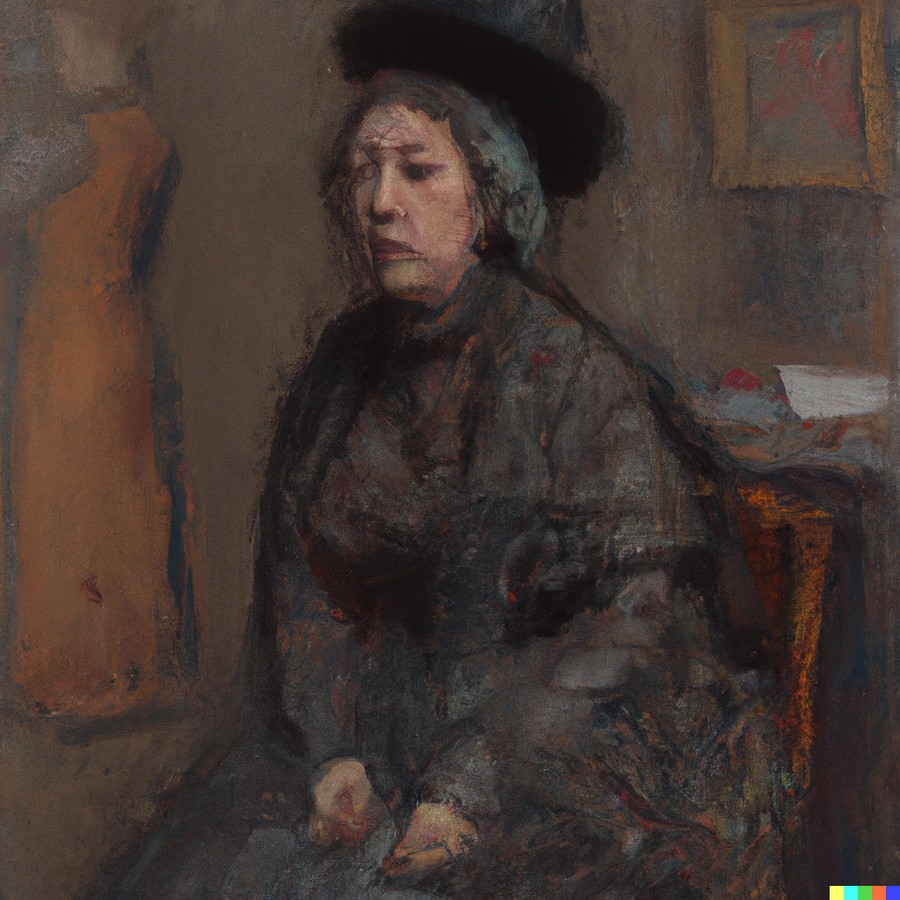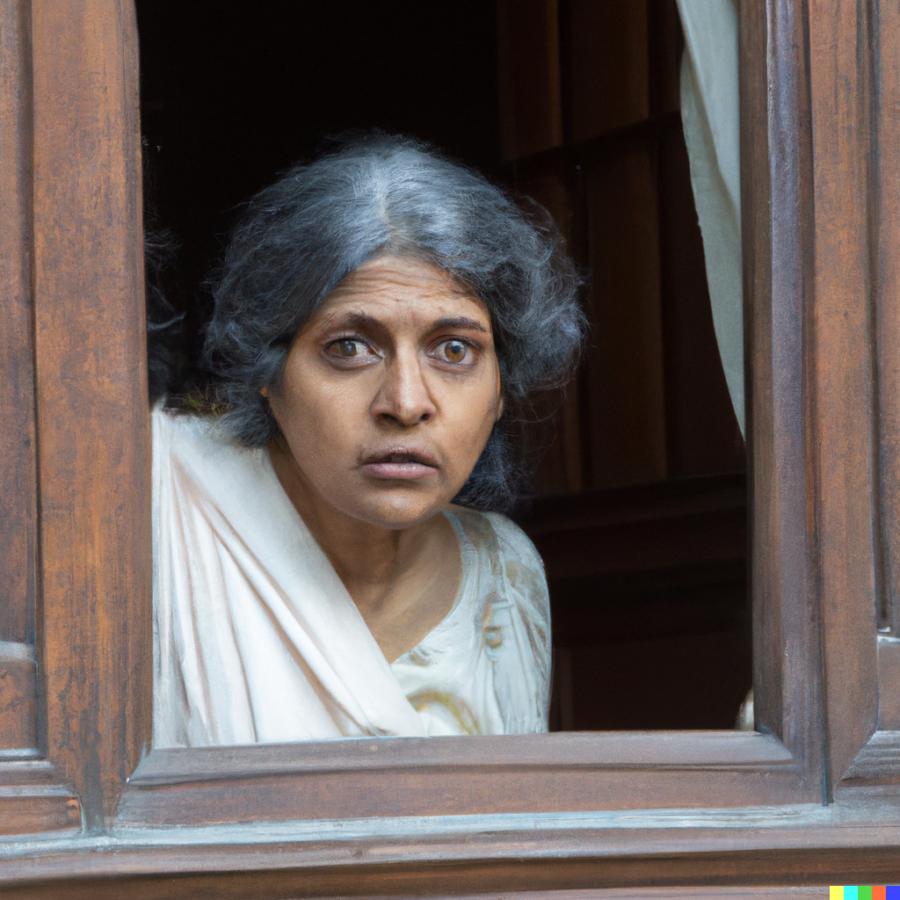Stories off The Road

The Great Tsunami
Kamala and Osbert’s Story
Samatra Indonesia
Pulau Wey Island, Aceh Indonesia
Some places you visit just exude a sense of timelessness. That you have left the real world and ended up in an Asian version of a 1960’s television show like Father Knows Best or I love Lucy. As I explored further I began to understand that Pulau Wey was just such a place.
My motorized rickshaw, after twenty minutes of winding road through lush green mountains, dropped me off at the beginning of Iboih beach. Not knowing where my room for the night was located I began a pleasant walk along a meandering trail up into the trees along the coast. I passed through a small village and a small square where several dive shops were located and further in an open-air cafe restaurant built on the hillside. Spanish guitar music emanated through the trees inviting me in as I passed. The steep hill down from the trail to the ocean was sprinkled with individual wooden huts on stilts.
My hut straddled over the emerald green ocean waters that lapped easily at the edge of the rocky shore. During the week I spent there I got to know the husband and wife, Kamala and Osbert, who owned and ran the small resort. She was a progressive business-woman who had left a corporate job in Jakarta, and her business-like ways had given her a ‘tough’ reputation among the very laid-back islanders of which her husband was a native.
A week later I had moved to Gabang beach, a quiet village a few kilometers down the coast and found a room next to ‘Bubble Addict”, a dive hut owned by a French man and his Japanese wife, when I ran into Kamala and Osbert, the owners of the Iboih Beach Resort at a local restaurant overlooking the ocean. They were surprised to see me and as I joined them for dinner we talked easily for some time. You would not know by the natural smiles and relaxed content faces around you, yet as with all things Aceh, the armed struggle for independence and the tsunami are resent history, lying just under the surface.
The morning of December 26th, 2009 brought to a halt three decades of fighting between the Free Aceh Movement (GAM) and government forces from Jakarta which had left an estimated 15,000 dead and countless others injured or victims of vengeful atrocities. The Great Tsunami had struck. Many of the 160,000 in Sumatra of the quarter of million estimated total fatalities around the world from the tsunami occurred in and around Banda Aceh; damaged first by the huge earthquake, whose epicenter was just 150 miles out to sea, then swept by the ninety-foot waves that raced fifteen kilometers inland just a short while later. 500,000 survivors in Asia, as far away as Sri Lanka and Japan were left homeless.
The air was calm and warm as we sat at our table in the open-air restaurant. After a time I asked them if they would tell me of their experiences during the tsunami. Unfazed by the question and with the calm and steady tone of a person completely composed they told me their tales.
Kamala’s Story
It was the evening of the great rally in Jakarta. Anticipation ran high amongst the crowd anxiously waiting for President Yudhoyono to appear and speak to the more than 10,000 citizens of Aceh who had traveled there to seek a peaceful end to the 23-year civil war. Kamala spoke of how first one and then hundreds of the participants in the huge crowded square were unable to connect to their families and friends on their cell phones. About how a low murmur of anxiety spread over the increasingly agitated crowd, and when President Yudhoyono failed to arrive the worry became panic. Something had happened. Something bad.
Their worst fears were confirmed when a government official took the stage and broke the news. A huge earthquake and giant tsunami had devastated the coast of Sumatra and tens of thousands were presumed dead. The epicenter had been very near the coast of Aceh. Every sound had ceased, every face became a picture, first of disbelief and then fear. Many weeks later when news began to filter in they had all learned the hard truth.
Each and every one of the 50,000 Achinese had lost a father, a mother, a brother, a sister, a son or a daughter, a friend. Some had lost more and they were helpless to do anything about it. They later found that they could not go home because their literally was no home to go back to. Their realities had fallen apart in one swift violent act of nature.
Osbert’s Story
After a very long moment’s silence, I asked Osbert where he had been. Also, in a normal calm voice, he described that he was from a small village on the island, on the other side of the mountain where the tsunami had struck. He had been visiting family when the 9.1 earthquakes hit, the third-largest ever recorded in history, and it had lasted almost ten minutes. He and those around him were forced to try and sit on the ground as the trembling of the ground became ever more violent, buildings and trees came crashing down around them.
After the rumbling had stopped the air had become eerily quiet, an unnerving, unnatural silence, and he became worried for the people in town. He took his pickup truck and began the drive over the peak just as the dirty timber and rubble laden waters of the second wave of the Tsunami were sweeping away from the mountainside, retreating kilometers back to the ocean. I was shocked and listening intently.
His eyes became distant as he spoke of the bodies of the dead, all naked, unrecognizable and their skin turned charcoal black, which now littered the desolate hillsides for as far as the eye could see. Many of them children. Trees were laid on their sides and the landscape had turned to nothing but mud and debris. He told me how he later learned that many of his close family and friends had perished. How he misses them each day.
It was getting late and the sky had become a haze of grey clouds as an evening storm rolled in from the sea. We made a hasty goodbye as they hoped to make it back to Iboih beach on their motorbike to where they had left their boat, to take them back to their small resort before the heavy rains set in. We parted with handshakes and wishes that we might meet again. I was left feeling somber and daunted by the serenity and equanimity they had displayed as they told their stories.
I often wonder at how all of the Acehnese who shared similar stories of loss, some having been swept physically away by the massive waves and survived, could be so gracious and calm and friendly. Perhaps knowing from a great personal tragedy that life and everything you know, and everyone you love, can be swept away in a single moment brings with it a greater appreciation of this moment and all those around you who share it. The bond between the people of Aceh runs deep and my respect for them and who they have become has no bounds.

The Store Keeper
Banda Aceh, Samatra, Indonesia
A Story of Survival and Gratitude
The Old Woman
There is a small store, a tiny mom and pop shop, next to my hotel. The middle-aged man who normally sits in the small closet-like room behind the counter gives me fist bumps or high fives as we laugh and I teach him how to say ‘Sixty-Seven Thousand and Nine Hundred Fifty Rupees’ in English for the few chocolates I buy.
Today I went into the shop and an older matronly woman was there. Her colorful dress was neat and prim as she sat with her hands folded gently on her lap. She asked me in Indonesian if I was German. I said no. The expression on her plump grandmotherly face became very disappointed. After a long moment, She asked again if I was German. I hesitated and for no reason that I could think of said, “yes, I am German.”
Her look became pleased like that of a young child at Christmas and she began to describe to me in animated Bahasa Indonesian with large flowing hand gestures how just days after the Great Tsunami, as a survivor, stranded in the desolation of mud and timbers and crumpled ships and broken trees that her world had literally disintegrated around her.
The Germans had given her food she said pointing to her lips. She pointed at her arm, making a syringe motion, they had given her vaccinations. Her eyes became teary and she held her arms wide above her head and described to me the rescue workers coming from the sky in a large helicopter, she pinched the cloth of her skirt to tell me that they had given her clothes when the waves had ripped her’s from her body. She pulled a box of pills from under the counter to indicate the medicine she had received.
She had lost many loved ones, parents, children and sisters and friends and the honesty of her emotions ran through me. It was one of those moments when life grabs you from the blue. It mattered not at all that I didn’t understand the words that she spoke, the intensity of her story was being replayed in her hands and the expressions on her face. I replied with my own silent expressions and she knew that I understood.
After the longest time listening, ten minutes or so, I found a place where she seemed to stop and smile, and I laughed and she laughed and I made my goodbye. As I left we held each other’s gaze well until I was in the street. As I passed an open window I turned my head and saw her, where she sat in her lone wooden chair, silhouetted perfectly like a picture, a portrait of a queen.
She was utterly still, her eyes locked intently into my own. The intensity of her gaze stopped time for me. She held a profound look of stolid affection and gratitude in her matronly eyes as if she were seeing a long-lost son, or perhaps, I was the German man she so appreciated and admired and had finally been able to say thank you to.
I will never forget that moment. I will be gone early in the morning. I wish I could see her again.
